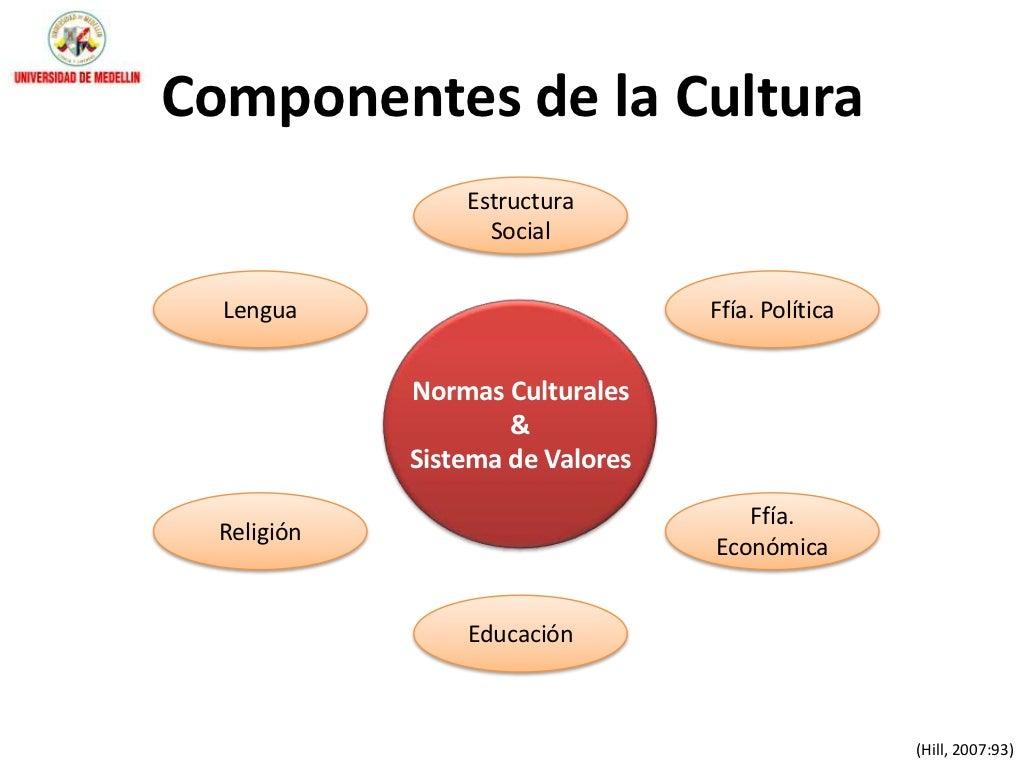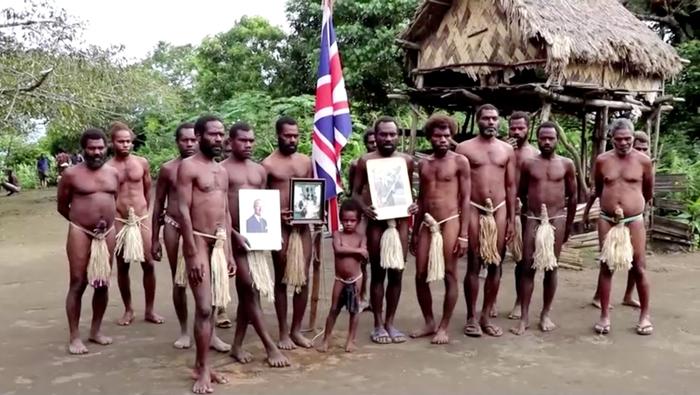No one emerges unscathed from a culture shock
We are going to do an empathy exercise with the people of Vanuatu. Vanuatu is a country made up of an archipelago of islands in Oceania, just under 3,000 kilometers southeast of Papua New Guinea, it is a little piece of white pepper placed randomly in the angry Pacific Ocean. To start the exercise we will have to undress almost completely in the living room of our house, until we are left in our underwear, then we will put the heating on full and connect a humidifier. When our skin is intensely shiny with sweat, we will tear the last ten thousand years of human evolution from our minds (I suppose this last part will be the easiest for some) and we will not know anything about Renaissance technologies, football or works of art. We will fill the precious useful space of our brain with images of foam of angry waves, monsoons, tropical trees, instinct, legends of the ancestors and little fish getting caught in our nets.
So we can imagine, more or less, although pulling less, how a Vanuatuan local moved on a day-to-day basis when the Second World War broke out and saw the first appearance of American planes. He heard the roar of the engine taking up the entire known sky, almost breaking up the clouds, all the palm fronds twisting in hysterics as they passed overhead. Roll your eyes when you saw the stomach of that new iron god opening up and spewing out all sorts of shiny artifacts that white men picked up quite naturally. Some will not believe it, but the shock that the Vanuatens suffered before this image was such that since then we could find on their islands a series of cults and religions that still worship airplanes as if they were gods, the United States or even the very same Duke of Edinburgh.
We can't fully understand it, of course. I imagine that a shock of this type could be similar to what we would experience in the West if we received an extraterrestrial visit: the most solid religions would collapse, the political and social systems would suffer an earthquake capable of changing them absolutely, if not destroying them, I am also sure that many would commit suicide and that new chilling sects would be born, we would probably live in horrible chaos. It is important that we understand this, as Europeans and as travelers, before we get wet in the rain in Vanuatu.
The Karamajong...
Father Albert wanted to explain it to us through the magic pen of Ryszard Kapuściński. I quote a fragment of the book by him Ébano according to the edition of Anagrama:
“The Karamajong raise cows and feed mainly on their milk. […] They believe that God has entrusted them with all the cows in the world and that their historical mission is to recover them. To this end they do not stop organizing armed expeditions against neighboring towns. The invasions in question (in English, cattle-raiding) constitute a mixture of looting raid, patriotic mission and religious duty […].

Father Albert tells how one of these raids is carried out. The Karamajong walk in single file, at a steady pace and in perfect formation. They are advancing along warpaths that they know very well. Each detachment consists of two or three hundred men. They sing or make loud, rhythmic cries. Your spy service has previously found out where herds of cows belonging to another village graze. The objective is to kidnap them. When they reach the place, the battle ensues. […].
—The thing —says the priest— is that, in times past, those columns were armed with spears and bows. When there was a fight, only a few people died in it; the rest surrendered or fled. But today... Today they are still the same columns, but armed to the teeth, and with automatic rifles. They immediately open fire, massacre the local population, destroy their villages with grenades and sow death. Traditional tribal conflicts are still alive, the same for centuries, but today they cause an incomparably higher death toll.
Many think it would be unfair for us to require the Karamajong to assimilate in sixty years what we Europeans have assimilated in nearly four millennia. Think about it, the reader: first came the matchlock arquebus, then we came out with the wheel arquebus, then it was the turn of the carbines and muskets and so on until reaching glory by pulling the lethal trigger of the machine gun. This process required five hundred years of practice and custom, and even so, having enjoyed this long journey, in the first war where the machine gun became general, we killed 20 million people.
I think we all agree that, when it comes to being good travelers, it is not enough to take the best photos and speak impeccable English and devour travel guides until we know the geography of the place by heart. It is necessary to do an intense exercise of empathy with this type of situation. Some say that to do so we need to understand that this is not a question of which culture is more or less developed, who is better or worse, there is no point in pretending that a doctor is more valuable than a farmer because both professions keep us alive. Empathizing is not synonymous with feeling sorry. Also, pity why? Isn't there more depression diagnosed in Spain than in Senegal?
Peyote or hamburgers?
But first let's convince ourselves of the idea that the world is made up of a network of cultures that are the daughters of their father and mother, each one more exciting and convoluted, and that sometimes, when cultures meet (if the iron bird appears in the sky, when we come across a woman dressed in the hijab), tremors occur like the one we talked about about the aliens, social earthquakes that can end everything. Note that the Mexican Tarahumara currently suffer from a serious nutritional problem (and alcohol problems, although this already happens in many places) due to an increasingly widespread addiction to monosodium glutamate that junk food contains, which in the Sierra Madre mountains the government does not it subsidizes support groups for the obese, there are no nutritionists or food awareness campaigns. Uncle Sam's hamburgers arrived there on any given Sunday, from one day to the next, and rataplan: the food that German immigrants brought with them to New York and that has taken 200 years to encompass all of American society is implanted overnight. the morning in a Mexican community that had been eating potatoes cooked with red chili for 3,000 years.
Speaking of the Tarahumara, I'm sure that some of the living room intellectuals will appear here who always have a cruel answer for everything: well, the Tarahumara learn to eat well, the blacks stop killing each other, the Vanuatuans get their act together at once. He'll say It like Tarahumaras have money for energy bars and a gym membership, like blacks are the only ones who kill, like Vanuatens are the only ones who worship crap! But then when we talk about peyote (which the Tarahumara have consumed for millennia without creating any kind of social gap) they will probably become obfuscated and talk about outlawing it with the full force of international law. Or as? So we make peyote illegal but they can't make hamburgers illegal?
When the reader meets a living room intellectual, he would do well to remind him that we Europeans do not fare any better in this type of culture clash, that it was never about who won in this game of cultures. Wow, it didn't take us twenty years to go crazy since we introduced into our society a series of drugs that other cultures consumed for millennia without breaking a sweat. The firewater that squandered the American Indians seems like a joke compared to the hordes of junkies that swarm Detroit and Chicago.
The difference in all these situations could be summed up in the power and empathy of nations: when the powerful outlaw what makes them uncomfortable while they market what kills others; With an amputated and rotten empathy, they close their eyes and shake their heads, every time they hear about the difficulty of other cultures when it comes to understanding us. As if it's easy to understand the wacky ways of our alien visitors, don't you love it!





